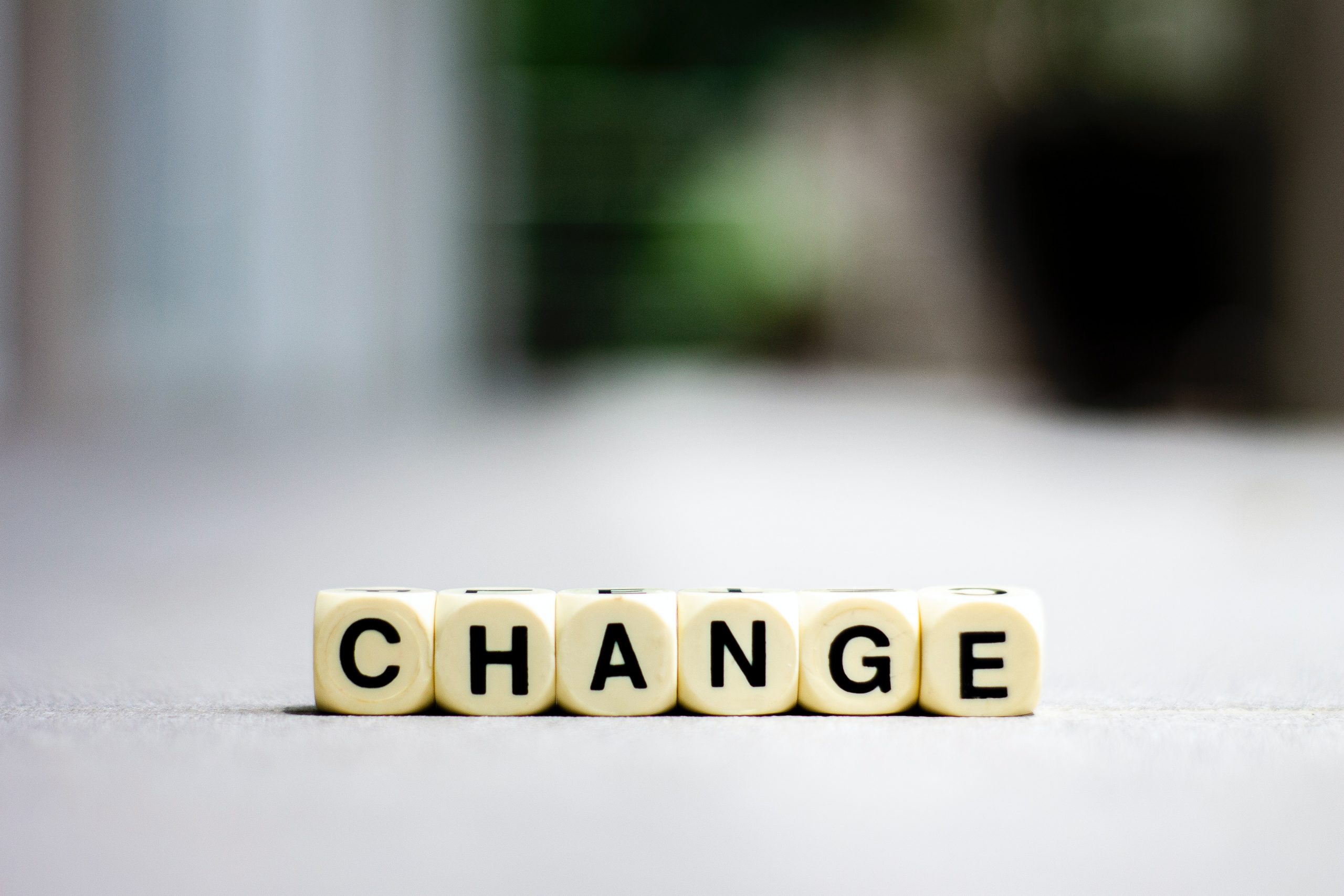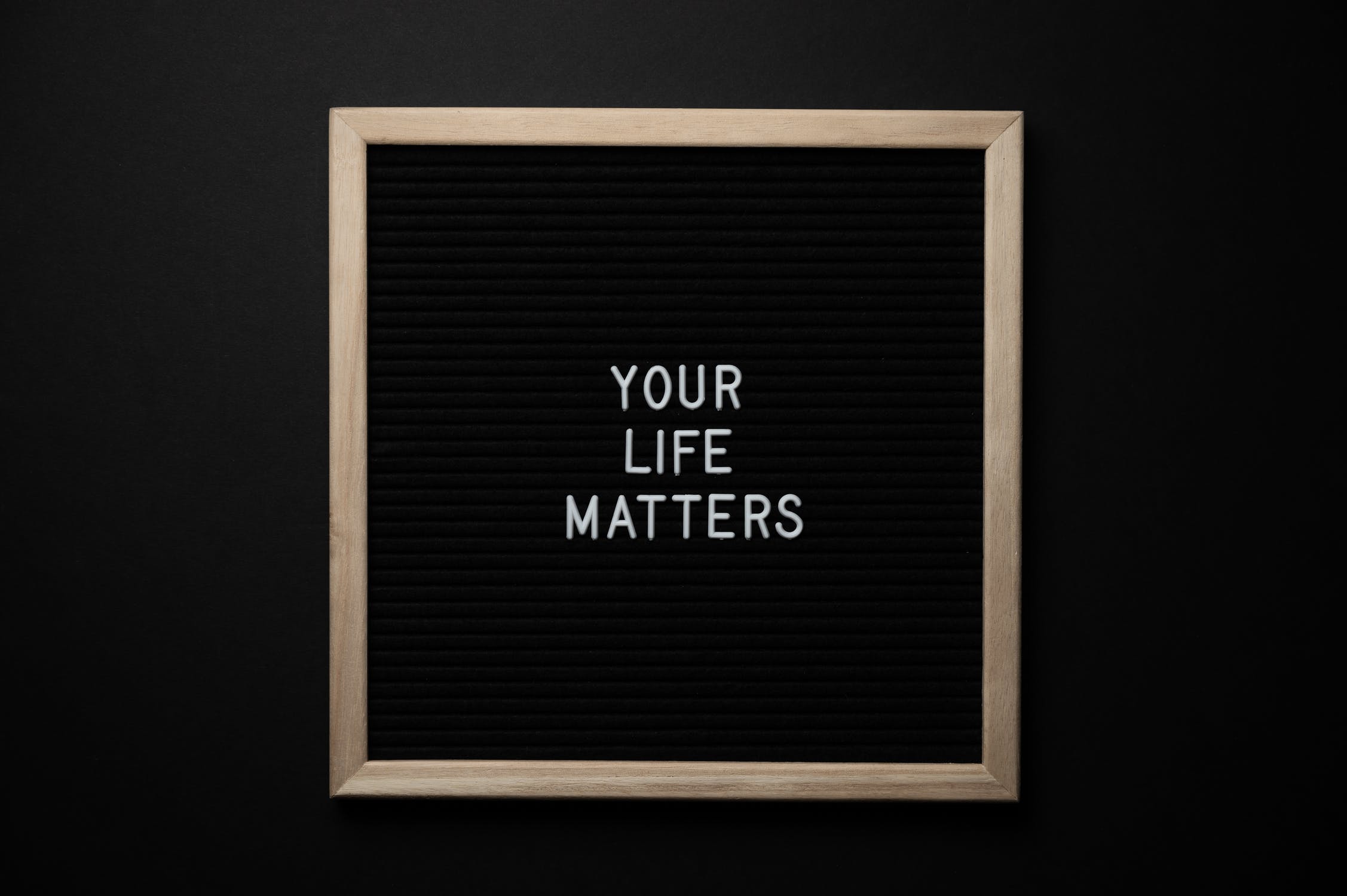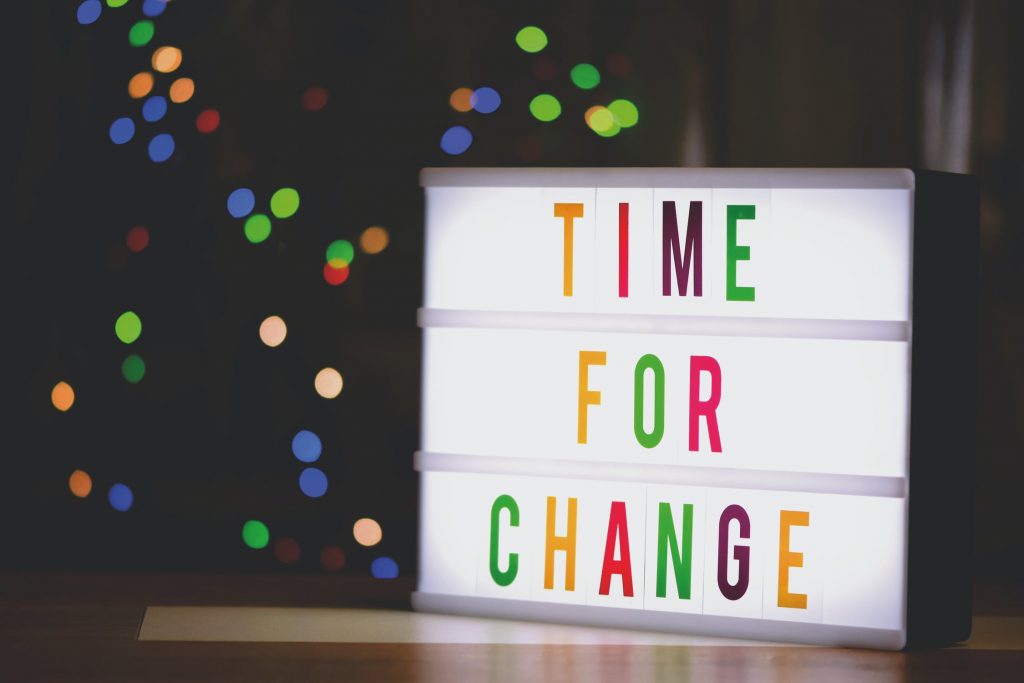Picture this for a moment;
You have an outstanding task to complete but you can’t gather enough strength to begin.
Probably, you decide to watch a movie or read a book when you should be working.
I need one more hour, 2 hours later, can I get an extra hour?
Does this sound familiar?
It does! It is the most popular negative habit in the world -procrastination.
The worst part of procrastination is the fact that you still have to get the job done at last.
If procrastination means you don’t have to do the job anymore, that’s so much better.
But, putting it off for a few days or weeks doesn’t mean you would leave the task unattended.
Procrastination is not the only negative habit but it is most common.
There are other habits we engage in that are detrimental to our health, life goals and visions.
Then, the big question is …
If negative habits have the power to ruin our lives and goals, why do we continue with them?
Why is it easier to keep up with a habit that can lead to your ruin?
For example;
Every robber knows that what he/she is doing is a criminal offence punishable by the law.
However, they shut off their conscience and continue in the act despite the potential doom.
Could this be you?
It might not be procrastination or robbery but something else…
A continuous habit that you are aware of that would birth a disaster for your future.
It’s about time you stop such a habit to safeguard your future goals.
What is habit
According to the American Journal of Psychology, a habit from the viewpoint of psychology is a fixed pattern of thinking or a behaviour acquired through consistent repetition.
Based on this definition would you classify bathing and brushing your teeth as habits?
Now that’s a question you have to answer yourself!
A habit can be a new attitude you picked up from a friend, movie or book. You can also choose to develop new habits.
Most times we don’t even recognise that we are forming a new habit.
It could be something you did once but somehow you found it interesting and you continued.
Soon, it becomes part of your lifestyle that you engage in subconsciously.
A lot of curious minds want to know how long it takes to form or break a habit.
How long does it take to build or break a habit?

The concept of habit formation has been around for a long time.
Scientists and researchers have made certain findings and come to a conclusion that…
It takes 18-254 days to form or break a habit, the average is set at 66 days.
There is also a 21/90 day habit-building rule, it’s quite simple or is it?
All you need to do is; engage in the activity for 21 days then continue for 90 days.
These numbers are backed by scientific research however, you need a great deal of determination to stick with a new activity for 21 days.
Why it’s easier to stick with bad habits
Let’s engage in a little exercise before moving ahead with the article.
It’s a simple question but I bet it would take you at least 1 minute to answer.
Not because it’s difficult; rather, the answer is plain but shocking.
Have you noticed that you only struggle to develop good habits?
For example, working out every day is a good habit, it offers a lot of benefits to your body.
However, every morning you wake up feeling lazy and unenergized.
In comparison, watching movies during work hours is a bad habit…
But it feels easier to engage in.
Instead of pointing out that this is a negative habit, you make up excuses.
I’m sure I’m tired, the job is so frustrating, I have so much to do, my body needs rest.
Now, why didn’t you come up with excuses to support the positive habit?
If you were expecting a yes or no answer in the section? I can’t give you that!
But here’s a practice I use that always works for me!
I make excuses for my positive habits.
Example
New habit: Wake up by 6:00 am
The alarm rings by 6:00 am
Body: Sleep some more, yesterday was tiring.
Old Me: I know right! Thanks for having my back
Present Me: If I start the day early, I can finish my tasks on time. Then, I have enough time to rest and watch a movie.
This always works for me! You should give it a trial!
Drop your comments to share if they also worked for you.
The damaging cycle of negative habits

Negative habits do more harm than good to your mental health.
Although they affect you mentally, with time they can have a cumulative and disruptive effect on your physical health.
Constantly engaging in negative habits affects your mind in three ways;
1. The guilt of relapse
Guilt is cancerous, at its early stage, it is slow and benign.
You can control it at this stage with the right medication and therapy.
However, when cancer gets to the malignant state it is deathly. It spreads at a speed faster than light and can end the individual’s life at a short notice.
Guilt works like cancer, at first you don’t notice it but it keeps spreading.
Let’s look at the scenario together…
For the seventh time this month, Jane promised herself that she won’t take out money from her dad’s wallet.
But this is the seventh time already, how many more promises will I have to make? she pondered.
Last week I said I wouldn’t but here I am. I’m stuck with this habit forever, she cried.
” I said I wouldn’t but here I am again” “why can’t I stop” all these rhetorical questions breeds hatred.
2. Self-hatred
If you want to get slim but you can’t give up eating a lot of fatty foods, consuming calories, drinking soda and not engaging in any form of exercise.
You tend to get angry with yourself.
“I look like a whale”, “see how fat I am”, “No one is going to like me” or “I hate myself”
Repeating negative habits that offer no help to you will only lead to self-hatred.
Conclusion
Are there habits you don’t like? Things you feel you can do better at?
Then go for it, take the necessary actions to do better.
Stop letting negative habits ruin your life or make you hate yourself.
Be deliberate about quitting, bid farewell to the negative habit and work hard towards building a more positive habit.


